Human challenge trials for coronavirus are to begin in the UK, a world first in the global fight against Covid-19.
Healthy adult volunteers aged between 18 and 30 will be exposed to coronavirus in a controlled environment, to learn more about how their body reacts to the virus, how it is transmitted and how much of the virus is needed to cause infection.
The trial is to include 90 individuals. One of those is Alastair Fraser-Urquhart, 18, who signed up “instantly”.
At London’s Royal Free hospital, he will be infected with the virus through a nasal spray or dropper, and then be in bio containment for about 17 days to ensure he does not infect others.
“Challenge trials can speed up the development of vaccines, and better vaccines,” said Fraser-Urquhart, who lives in Stoke-on-Trent. “If we had started them earlier in the pandemic, we could potentially have been distributing vaccines by Christmas. The fact that you have someone who has Covid and is willing to be tested and prodded and poked is enormously helpful.
“Of course I have worries, everyone should do before going into a trial,” he added. “There are risks we don’t know about. Am I going to end up with an increased risk of lung cancer at 50 because I had coronavirus? But it’s part and parcel. I’ve accepted those risks.”
His family are not thrilled, he said, but they “understand what I’m doing and why I’m doing it, and they’re really supportive”.
Fraser-Urquhart also hopes the challenge trials might have a lasting legacy and enable earlier vaccine developments in future pandemics.
“It’s likely that other pandemic diseases will have mortality profiles like Covid, and if we can set a precedent for challenge trials to be used in other pandemics, they can become the norm.”
The volunteers lining up for Covid-19 challenge trials
Read more
While participants are not paid for the trial, they will receive approximately £4,500 as compensation, money Fraser-Urquhart said he hopes to donate to People’s Vaccine Alliance, who work to get more equitable access to vaccines around the world.
“I don’t exactly need the money at this point in my life, and I don’t really want it,” he said. “However much I think compensation is a good thing, there are always people who think volunteers are just doing it for compensation, and I think it’s good for one to be public about saying they aren’t going to take it.”
Fraser-Urquhart was planning to study cancer biomedicine at University College London in September 2020 before joining 1Day Sooner, an organisation advocating for those who want to participate in high-impact medical trials. Despite his work, Fraser-Urquhart said he would never “implore” people to put themselves forward for challenge trials.
“It’s an entirely personal decision, and I’d encourage people to think carefully about the impact and risks to them. I’m not in the business of imploring people to be involved in them. If you want to be, that’s great, but if people think the risks are too high, they don’t have to volunteer.”
However, he does not think the studies are as “wild” as they may be perceived. “A lot of people have done a huge amount in this pandemic, making loads of incredible contributions,” he said.
“Doctors in hospitals on Covid wards didn’t go through screening, and weren’t all 18 to 30, and earlier in the pandemic, [they] didn’t have the treatment we do now. It’s not completely out of line with what we’ve asked other people to do, and the benefits are just astronomical.”

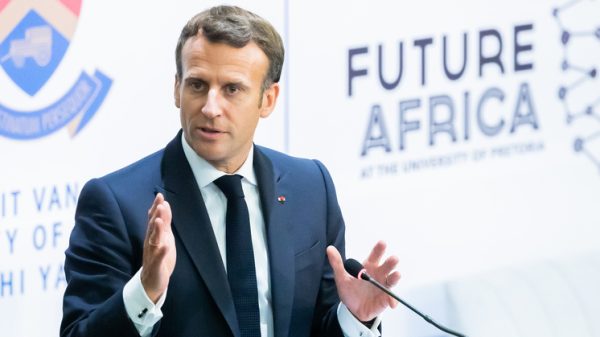
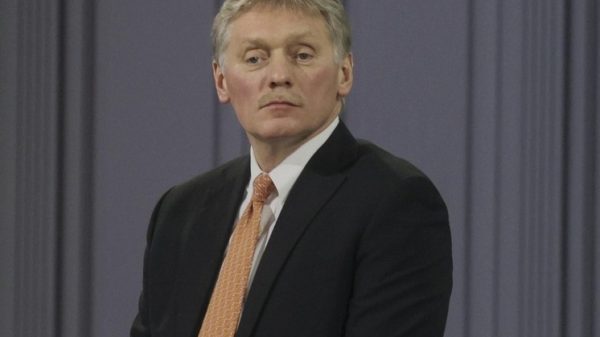
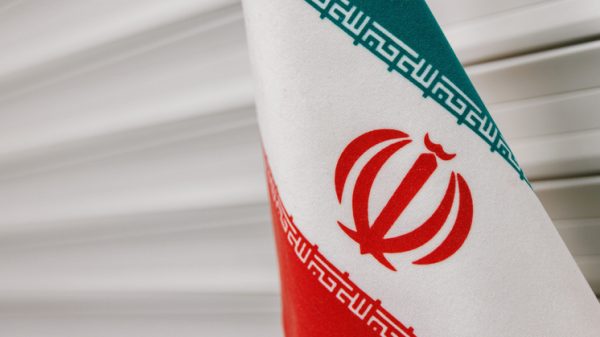

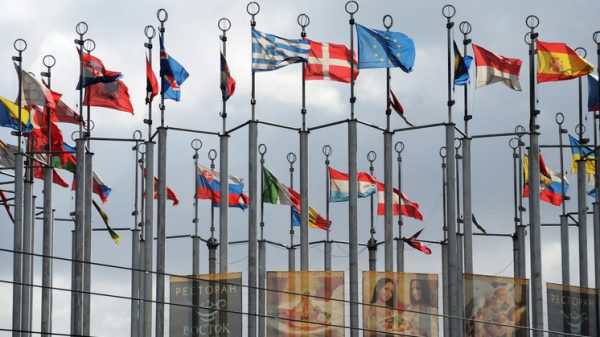

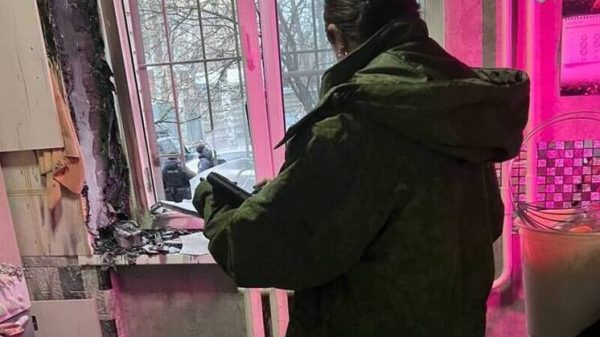




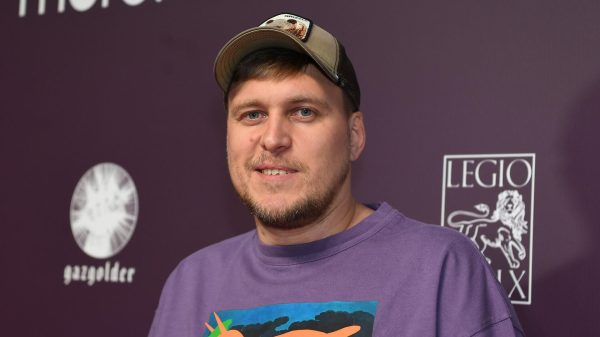
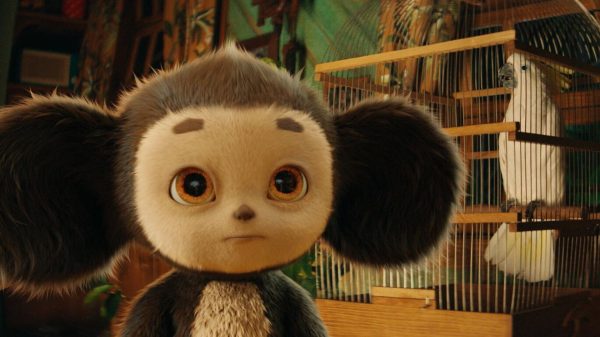
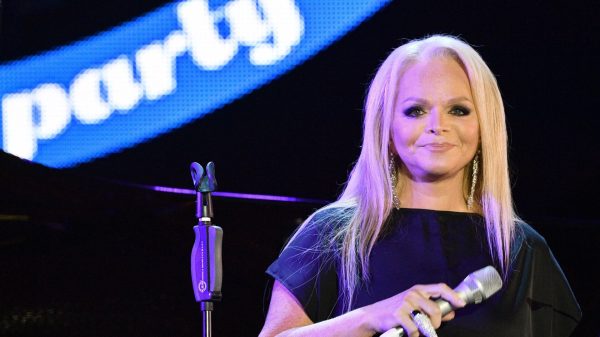
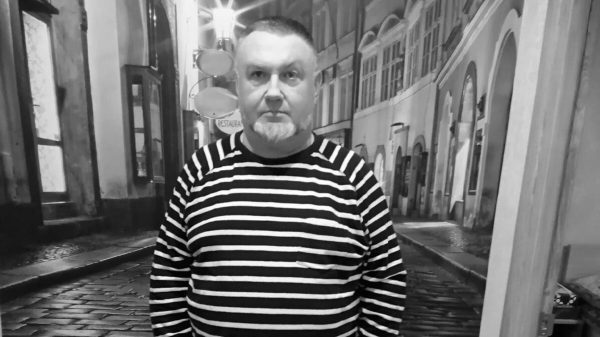

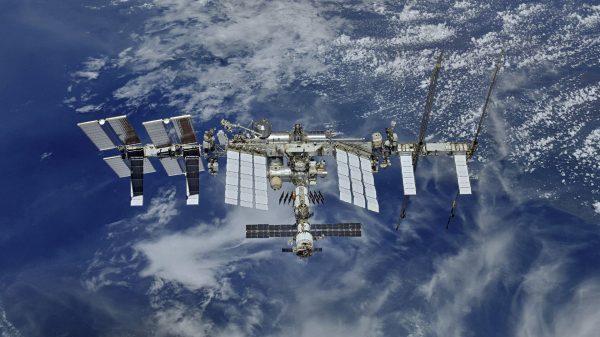
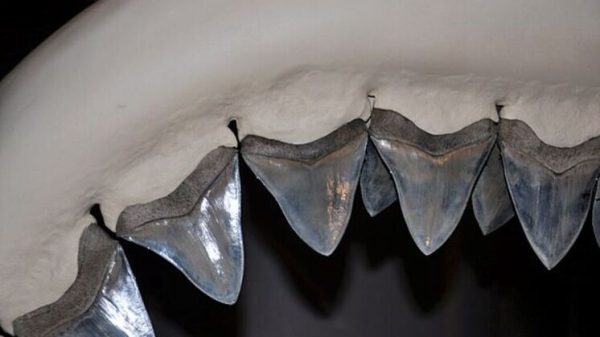



























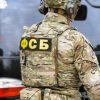









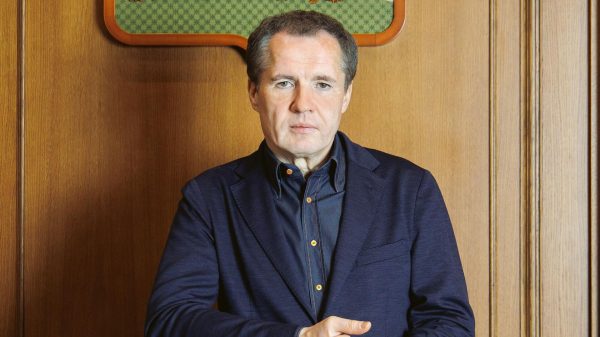
Свежие комментарии